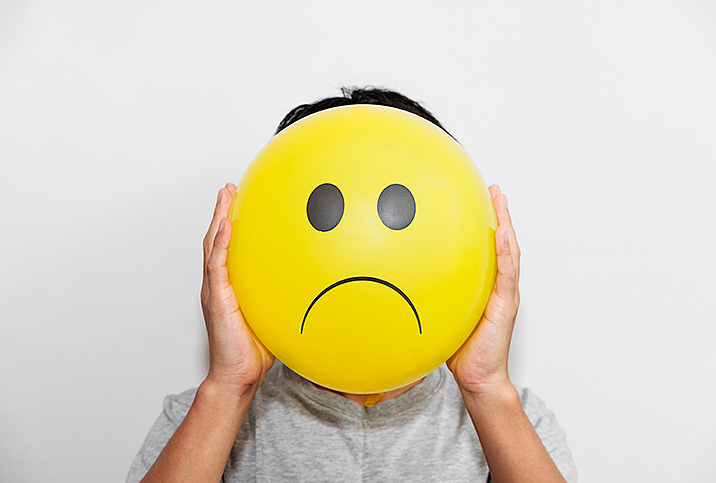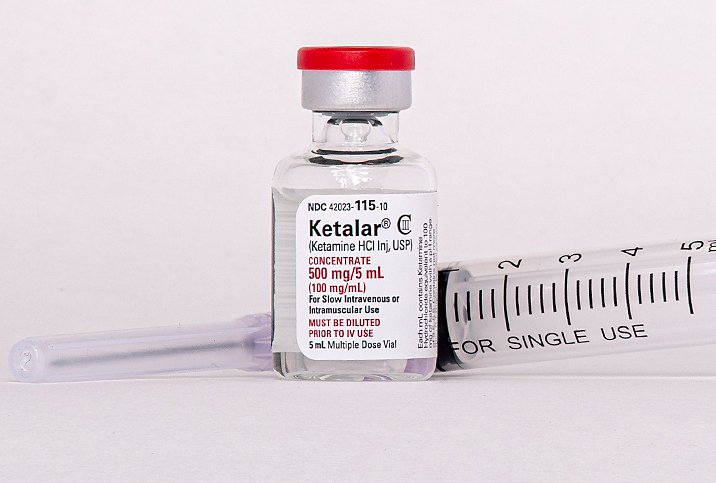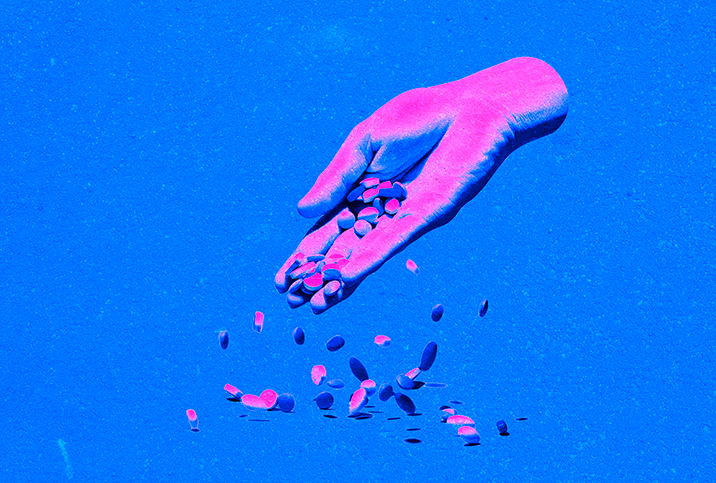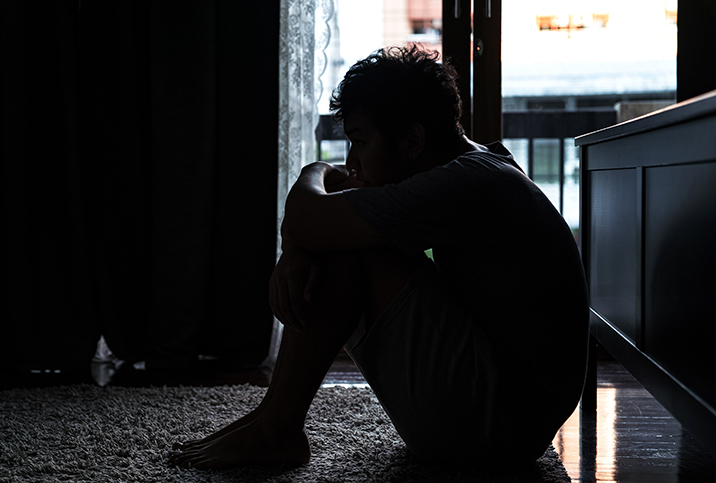Treatment-Resistant Depression and Our Intimate Relationships

Mental health issues are rapidly becoming one of the toughest challenges of modern society. In particular, depression is affecting more people and becoming more difficult to treat. Since the start of the COVID-19 pandemic, depression has skyrocketed in prevalence, with one study indicating that rates of depression among American adults grew from 8.5 percent pre-pandemic to 27.8 percent post-pandemic; this rate reached 32.8 percent in 2021.
In turn, advocates have pushed for increased funding for mental healthcare. What many people don't realize is that depression is becoming harder to treat, a condition known as treatment-resistant depression (TRD).
Depression is challenging enough, but when a spouse has depression that isn't responding to treatment, relationships become tricky to navigate. This is especially true when we neglect to communicate about the impacts on our relationships and intimacy. Despite the failure of treatment for some people, there are strategies that can help.
What is treatment-resistant depression?
The term "treatment resistance" refers to a condition that isn't responding well to the recommended treatments. One U.S. study published in 2021 estimated about 8.9 million people were treated with medication for depression over a year's time. Of those people, 2.8 million (30.9 percent) were resistant to treatment. Note that this statistic refers to treatment resistance in the context of medication failure alone.
Mark D. Rego, M.D., an attending psychiatrist at Yale New Haven Hospital and its Hospital of Saint Raphael campus, both in Connecticut, and the author of "Frontal Fatigue: The Impact of Modern Life and Technology on Mental Illness," confirmed this finding.
However, he suggested that treatment-resistant depression goes deeper than medication failure. Although medication is a large part of the treatment process, there's likely to be far more going on. Also, the way medication failure has been understood in clinical circles may be incomplete, he added.
"Concerning medication, often people are deemed treatment-resistant if they fail two medication trials, but this may be premature," Rego said.
He recommended discovering more about the patient's history and asking deeper questions:
- How long was the medication used?
- Was there zero relief or did some symptoms improve?
- Were there any side effects and, if so, how bad were they and were there any attempts to control them?
- Were the doses increased?
- Were other medications used to augment treatment?
"Treatment resistance may have deeper roots that make medication use more challenging," Rego said. "For example, if the person has an extensive trauma history, they may require more intensive psychotherapy alongside medication to help with the depression. Also, if the patient drinks alcohol frequently, this may not only enhance depressive symptoms but can render the medication useless."
In fact, TRD may stem from long-term issues with alcohol use, said Katherine Bonham, M.S., L.P.C.C., a psychotherapist at the University of Minnesota and Sunnyside advisor in the Minneapolis-St. Paul area. In this case, it's essential to cease alcohol use before trying to change medications.
"Some major depressive symptoms may result from unresolved severe complex trauma," Bonham noted. "And often, people with trauma may turn towards substances like alcohol to self-medicate, only to cause a deeper spiral into worsening depression."
Nonetheless, both Rego and Bonham agree that treatment-resistant depression is problematic on many levels, and they have encountered this issue with many clients in their practices.
The effects of TRD on intimate relationships
Treatment-resistant depression can cause several challenges in a person's life, affecting their social life, hobbies, lifestyle and finances. Additionally, it can significantly impact healthcare costs, the ability to maintain a job and general productivity. In turn, these problems can create significant concerns in long-term relationships and partnerships.
"Many of my clients with treatment-resistant depression struggle in their relationships, including increased resentment over lost productivity and financial difficulties," Bonham said. "Depression makes people not want to engage as much, which can create distance in relationships. This can be confusing because, on one hand, the person may be able to participate in some things but not others. One partner might feel the other isn't trying hard enough, and that can lead to more isolation in the relationship."
Rego has seen couples in his practice where the nondepressed spouse feels exasperated and unable to cope, which can potentially lead them to develop mental health issues from having the burden of being the caregiver. In the same way, the person with treatment-resistant depression may feel like a burden, adding to their own difficulties.
Both Rego and Bonham acknowledged that about 73 percent of people using medications for depression experience side effects related to sexual desire and function.
"Sexual side effects alone can make people stop using medications altogether," Rego said.
Helpful strategies for intimate relationships
Bonham recommended couples counseling as a valuable option when a partner has TRD, mainly because this type of therapy can help both parties accept the condition.
"In the case of treatment resistance, the most important thing is to find a way to accept and live with the condition as one would with diabetes or a heart condition," she added. "There will be limitations and, as such, these limitations need to be understood by both parties in the relationship. In counseling, strategies can be mutually created to help both partners feel heard, validated and supported."
Partners can provide information that can help the doctor or psychiatrist understand the unique ways the condition is affecting their spouse. This can help address holes that may have opened in the treatment plan.
"Including the nondepressed partner in the treatment process can help improve acceptance and understanding," he added. "With the nondepressed spouse becoming part of the treatment team, he or she can better understand their partner as well as become part of the solution. However, it's also important that the nondepressed partner not feel like everything is on their shoulders, either."
For this reason, Bonham suggested individual counseling.
Treatment-resistant depression is becoming more common, especially since the pandemic. Given the staggering statistics on the prevalence of TRD, we can expect to see more people struggling. There is no doubt this will have an impact on their closest relationships and components such as communication, trust and intimacy.
If you feel that you, your partner or someone you know is experiencing treatment-resistant depression, you can contact the national helpline for the Substance Abuse and Mental Health Services Administration (SAMHSA) at 1-800-662-HELP (4357) or reach out online 24/7, 365 days a year.


















